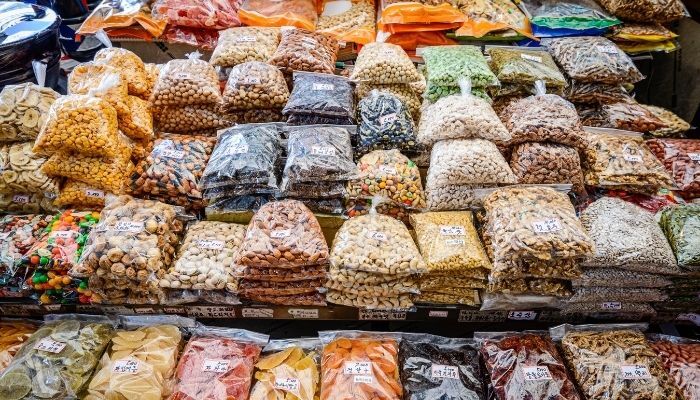
As food supply chains lengthen and become more globalised, the risk of food fraud is increasing. Australian brands are particularly at risk as foods produced in the country come with a high premium.
Food fraud is a significant problem that can result in the death or severe illness of innocent people. Consequently, it is taken incredibly seriously, with even relatively harmless scams ending in criminal prosecution. Even if a brand or business is innocent, an accusation can seriously impact reputation - and ignorance is no defence. Therefore, prevention is always the best option.
Generally, food fraud is defined as selling products in a way that purposefully deceives or misleads consumers for financial gain. The best way for Australian food producers to avoid falling victim is to know the laws, be aware of the most common types of fraud, and take preventative measures.
As the scams are designed to be undetected, diligence is critical. Producers need to be aware of the weak points in their supply chain. Frequently, food fraud occurs when brands and retailers have not adequately monitored their supply chain and are unaware of the more common scams – knowing these are essential for business safety.
One of the more common types of fraud is adulteration. This is when a food component is fraudulent, and another substance is added to the finished product, usually for profit. This can have serious consequences. For example, in 1981, contaminated colza oil led to over 1000 deaths in Spain, with more than 25,000 seriously injured.
Another scam is food tampering or mislabelling. In Australia in 2018, punnets of strawberries were found with sewing needles or pins inserted. Other tricks involve altering expiry dates and misleading descriptions of production methods or origins.
Sometimes a legitimate product is made in excess of previously agreed production numbers. The additional products can enter the market under different or misleading labels, distributed outside a regulated food supply chain.
Theft is another common problem where criminals steal legitimate products and sell them through less regulated outlets. The products are often smuggled, stored poorly, and mixed with other products. By dollar value, since 2008, food and drink have been one of the most stolen freight in the USA. Another similar issue is when food is diverted outside of the intended market. A frequent example of this is food relief in crisis areas not going to those in need but instead being sold for profit.
Food simulation and counterfeiting are another serious problem. Simulation is where a product is made to look like a legitimate product but is not an exact copy. Counterfeiting is where all aspects of food or brand are replicated so an inferior product can pass as the real thing. For example, researchers at Queen’s University Belfast looked at food fraud in the beef supply chain between 1997 and 2017. They found counterfeiting was the most common type of fraud, accounting for 42.9% of cases. Counterfeiting is widespread with products like spices, olive oil, and honey.
Food fraud is a serious and common issue, with perpetrators facing severe penalties if caught. It can be nerve-wracking for those in the industry as brands may be unaware of what is happening. The dangers can be mitigated by ensuring that accurate monitoring and quality assurance are done correctly at all stages of the food chain. Establishing Intellectual Property (IP) protection is also recommended.
It is crucial to remain fully informed of the common types of fraud and see where your business may be at risk. Ignorance is no defence.
As a food business owner, you understand the impor...
View MoreFoodborne illness is a significant concern for Aus...
View MoreThe food industry is no stranger to the threat of ...
View MoreAs a food business owner, it's crucial to ensu...
View More_1.png)